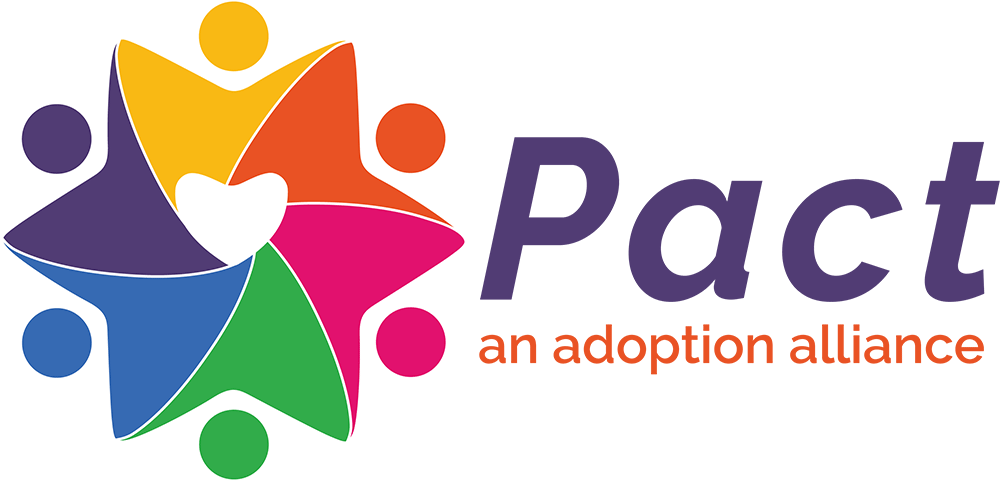Book Review
Twenty Things Adopted Kids Wish Their Adoptive Parents Knew
by Sherrie Eldridge
reviewed by Pact Staff
2005
In Twenty Things Adopted Kids Wish Their Adoptive Parents Knew (Delta, 1999) Sherrie Eldridge does an excellent job of encapsulating thought-provoking and very real issues that adopted children deal with through the years.
This is a unique and perceptive treatment of the core issues of adoption from a child’s view and gives a clear voice to feelings not easily articulated. Twenty Things will convince you that because there is no closure, that an adopted child’s loss is a lifelong issue that is a normal part of his or her life journey, and that parents can and should be proactive in validating their child’s concerns and experiences as they occur over time. Eldridge says that “buried feelings caused by the loss of birth family must be identified and grieved or the child’s ability to receive and give love will be diminished. The parental challenge is to learn the twenty unspoken feelings, create a nonjudgmental atmosphere for the child to grieve, and cheer the child on.”
In the chapter “I Suffered a Profound Loss Before I Was Adopted; You Are Not Responsible,” Eldridge explains that adoptees are likely to go through life noticing the difference between themselves and most other people and wondering, fantasizing, and grieving all the “what might have beens” if they’d been raised in their birth family. In the same way that infertile parents’ sadness over their loss does not mean they don’t love their adopted children, an adoptee’s sadness or grief is not a reflection of his or her love for adoptive parents.
In “I Need to Be Taught That I Have Special Needs Arising from Adoption Loss, Of Which I Need Not Be Ashamed,” Eldridge makes clear that there is relief in learning that others who share our experiences also share certain sensitivities that may be related to being adopted. For instance, people who are adopted are often sensitive to transition and change, which makes sense since they to make a significant transition from one family to another which they didn’t choose or over which they had no control.
Finally, in “ If I Don’t Grieve My Loss, My Ability to Receive Love from You & Others Will Be Hindered,” Elridge emphasizes that all losses must be grieved in order to heal. The stages of grief include anger, denial, bargaining, sorrow and acceptance. Healing is not a linear process — life events can trigger these emotions many times over. By showing our children that we are comfortable with their grief process we will help them to feel understood and to experience the riches of the relationships and closeness that are part of family life.
